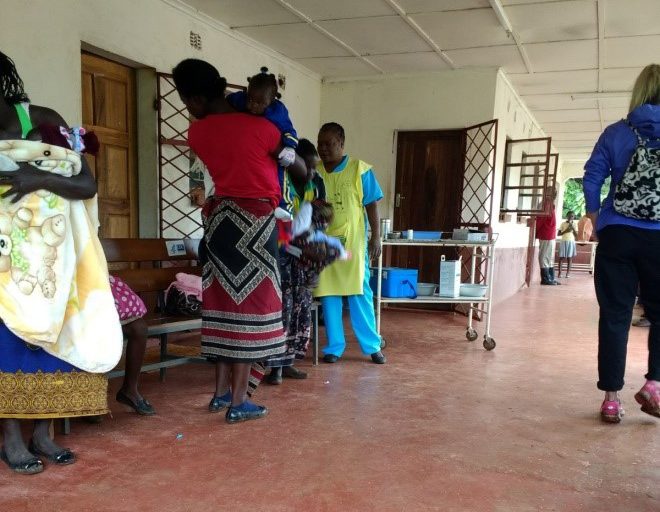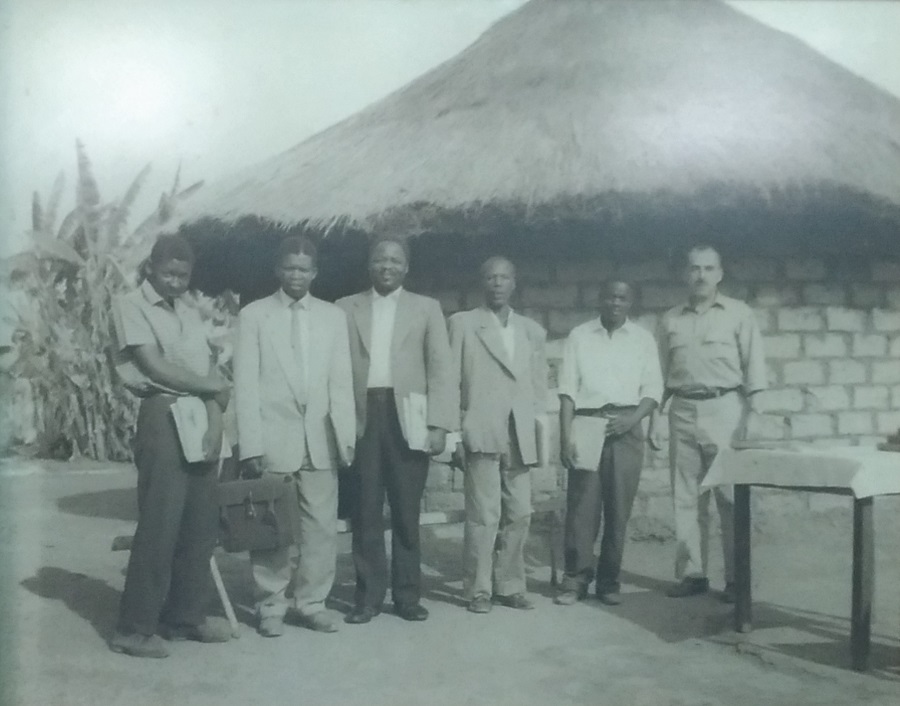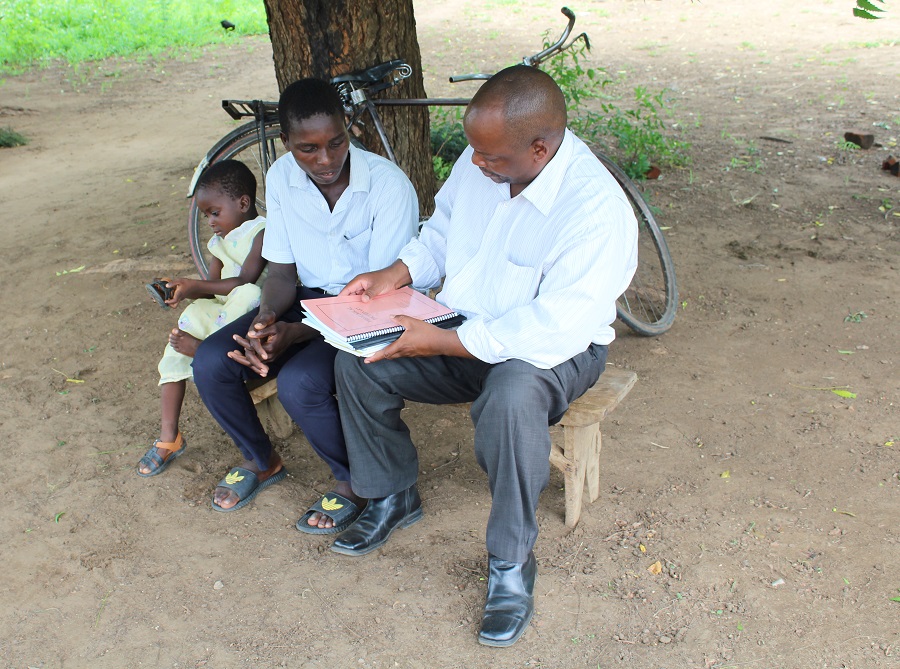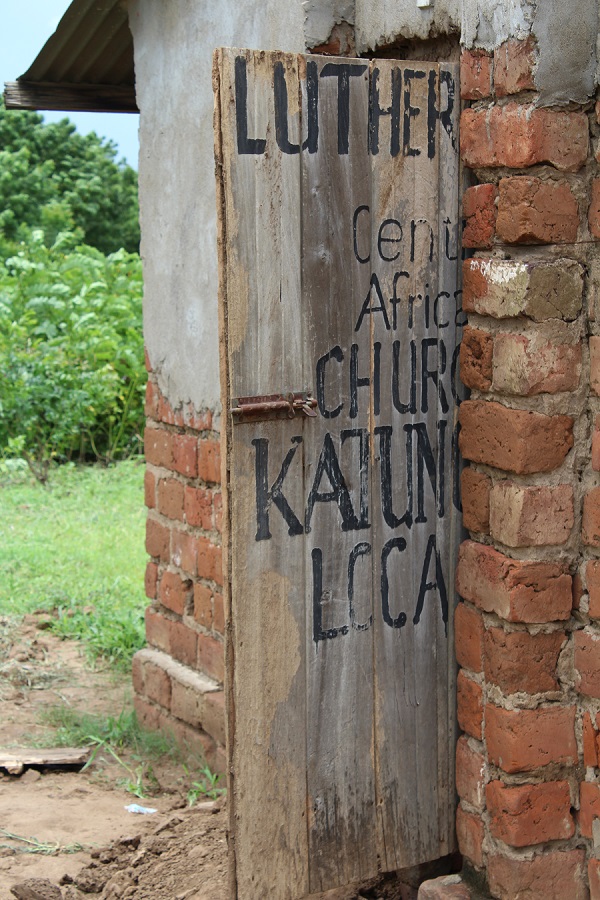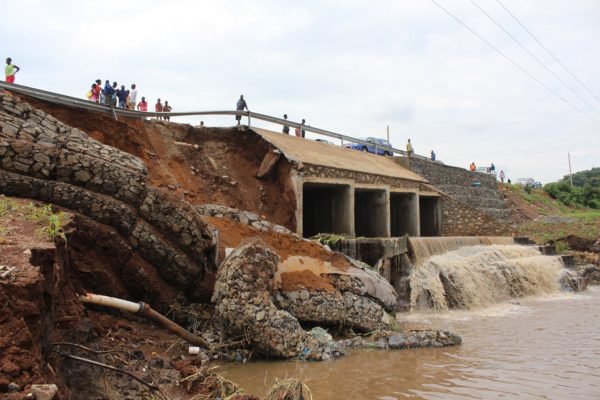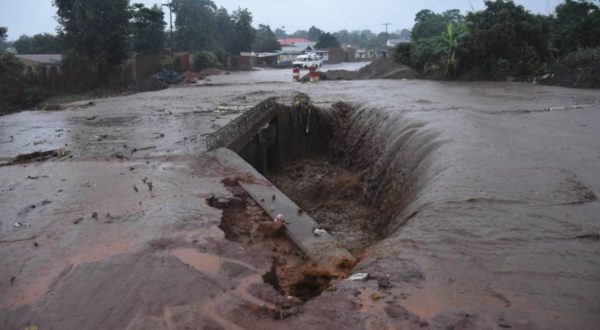Back Home to Africa

Who doesn’t love to be home? Well, especially when you have a wonderful family such as my parents and older sister. I was born in Malawi, Africa, though I spent the first 10 years of my life in the small town of Chipata in Zambia. My father, Pastor John Holtz, worked as a missionary pastor there until he received a call to move to Malawi in 2008. I spent the rest of my school years there all the way until I graduated secondary school at age 18. Since then, I have been attending Wisconsin Lutheran College as a nursing student, currently in my third year. I have been extremely blessed to have been able to go back home to Malawi during the longer breaks to see my family and old friends.
As part of the nursing program, third year students go on an immersion trip to none other than Lusaka , Zambia (the capital) where they stay on the seminary grounds. I did not live in Lusaka, but my family traveled there often for work and missionary gatherings. So there I was, surrounded by my classmates in a place so foreign to them yet so familiar to me. It felt odd, simply put. At the same time, it was a huge blessing to be able to share my life in such a unique way with the people who have accepted me into their lives in the United States.
The purpose of our trip was to experience the medical field in a Third World Country. We visited the government-run hospital known as Chelstone, a private children’s clinic known as Beit Cure, an organization for disabled children known as Special Hope Network, and also some grade schools for teaching (see end of article for pictures). We also traveled to a rural clinic in the town of Mwembezhi where missionaries originally started their work. Personally, I thought that all of these organizations were impressive. With limited resources and endless patients, these facilities are doing a great job at providing cheap to no cost care while still providing respectable patient outcomes. So you may be wondering if it is my desire to work there. That answer is difficult, because in Zambia, only local residents are hired, which I think is reflective of the purpose of the WELS mission. The advanced health care systems in the States have a much different focus, some of it good, and some of it I do not particularly like. On top of it being hard to “adult,” it is even harder to know where to even start when you are pulled in different directions, as many missionary kids often experience. But here’s the good news: God is in control. There may come a time when our parents move, and we feel like we have lost our home. Though we desire to go back, what is there for us to do? We need to remember that God leads us and knows what is best for us. When we worry about our future and transition into adulthood, it clouds our vision to the joy that is in Christ Jesus. Proverbs 3:5-6 reminds us to “Trust in the Lord with all your heart and lean not on your own understanding; in all you ways submit to him, and he will make your paths straight.”
So what does it feel like to be back home as an adult missionary kid? Contrarily, going back to Malawi makes me feel like a kid again. Many of my childhood memories were experienced there and Zambia, my friends are there, my pets, my house, but most of all what makes it home is my family. I know its cliché, but how can I deny it? Whenever I am home, I feel myself again, though it is bittersweet. I go back, knowing I’ll have to leave again in a few weeks. I always cherish my time there, though I remember that life on this earth is temporary. Any struggles here on earth are nothing in comparison to the glory that will be experienced in heaven. Something that I find both comforting and amazing is that those same people, that my dad and all the other missionaries impacted, are going to be with me in heaven someday. I thank God for my life in Africa, and I thank God for my life here too, but most of all, I thank God for saving me a place in his Kingdom…
Heaven is my Home.
Written by Heather Holtz, current student at Wisconsin Lutheran College and daughter of Africa Missionary John Holtz and wife Mindy







